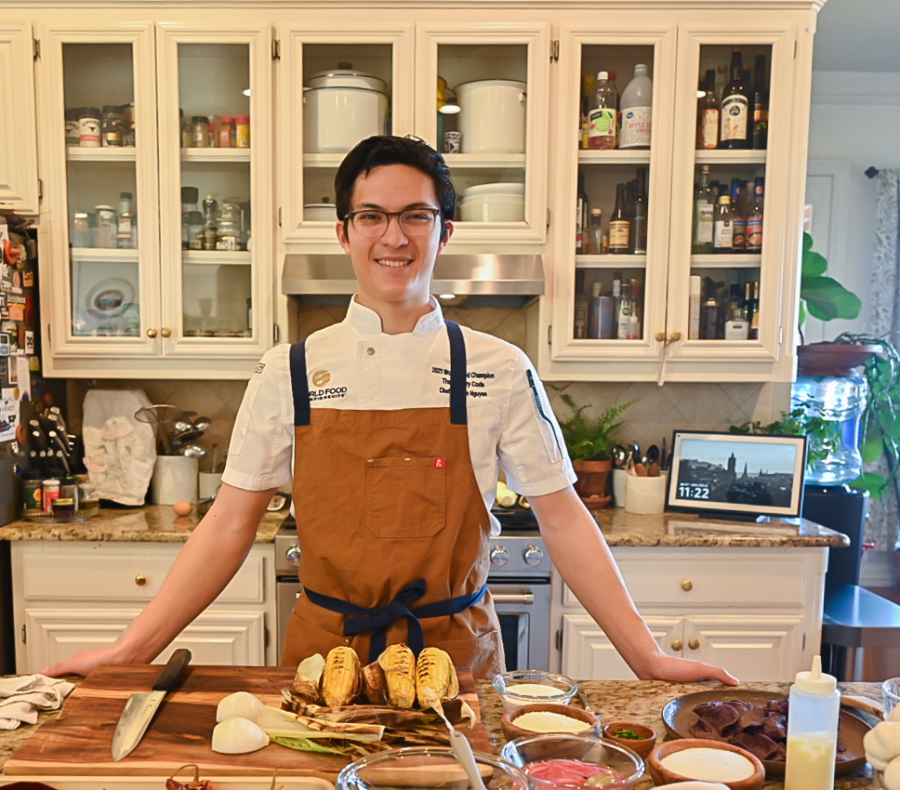 By Tiffany Aragon
By Tiffany Aragon
Eastfield College celebrated the Year of the Monkey on Feb. 8 by bringing Chinese lion dancers to campus.
Students from the White Lion Kung Fu martial arts school danced in traditional costume while Eastfield students and staff “fed” the lion red envelopes for good luck.
The lion dance symbolizes the movements of the river spirits, said master Johnny Lee of White Leopard Kung Fu, which also has a dragon dance team.
The longer the dance lasts, the more luck it will bring to the community.
“Martial arts students can only do the lion dance,” he said. “They have a ceremony where they dance to the ancestors of the school to remove evil spirits.”
Chinese New Year celebrates the turn of the lunisolar calendar and falls on the new moon between Jan. 21 and Feb. 20.
The 15-day holiday has been recognized in San Francisco since the 1840s, making the United States the second country to celebrate the Lunar New Year, also known as the Spring Festival.
“I think it’s important we acknowledge and embrace various cultural celebrations,” Eastfield social media coordinator Lauren Shafer said. “It was a thrill to listen to stories, myths and traditions.”
The Chinese lion dance originated from a legend involving a sea monster with the body of an ox and the head of a lion called a “Nian,” or Year.
At the beginning of each lunar year, the Nian would attack a village.
The villagers began to wear red robes and make loud noises to intimidate the creature, successfully scaring it away.
Facilities department employee Beth Howard, who helped organize the event, said superstitions of the holiday include wearing red to bring good fortune.
“We have to clean the house before the new year and sweep out all the bad vibes from the past year,” she said.
Traditional food also has a meaning.
Dumplings are a good fortune treat and long noodles promote a long life if not cut.
The holiday ends with the Lantern Festival on Feb 22.
Those celebrating the event go out at night carrying decorated paper lanterns. In many places, the Lantern Festival is often advertised as the Chinese equivalent of Valentine’s Day.



